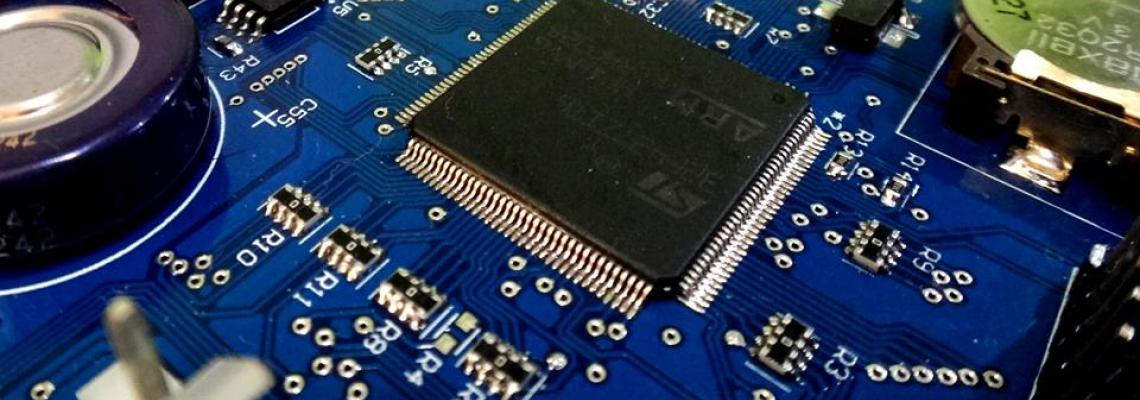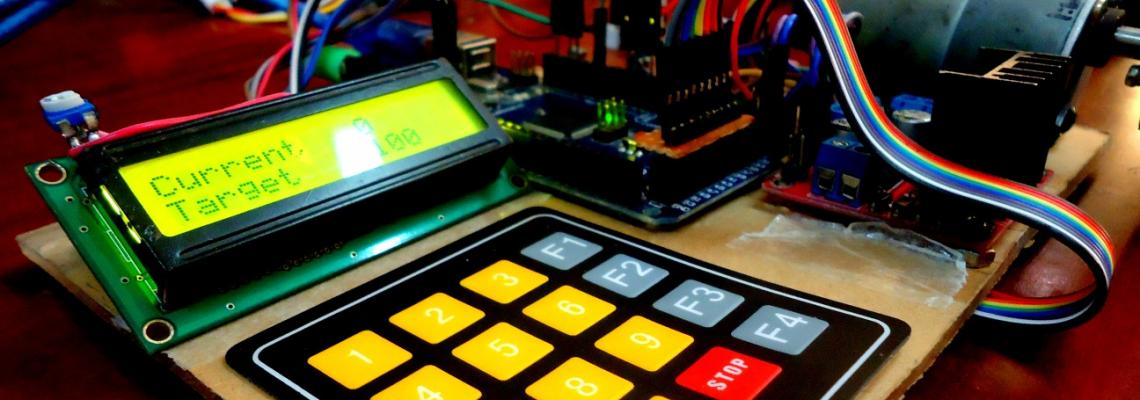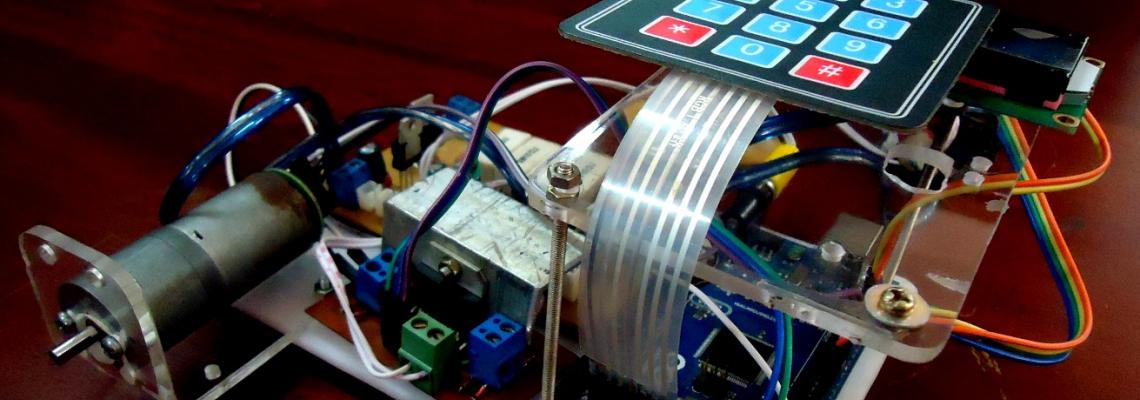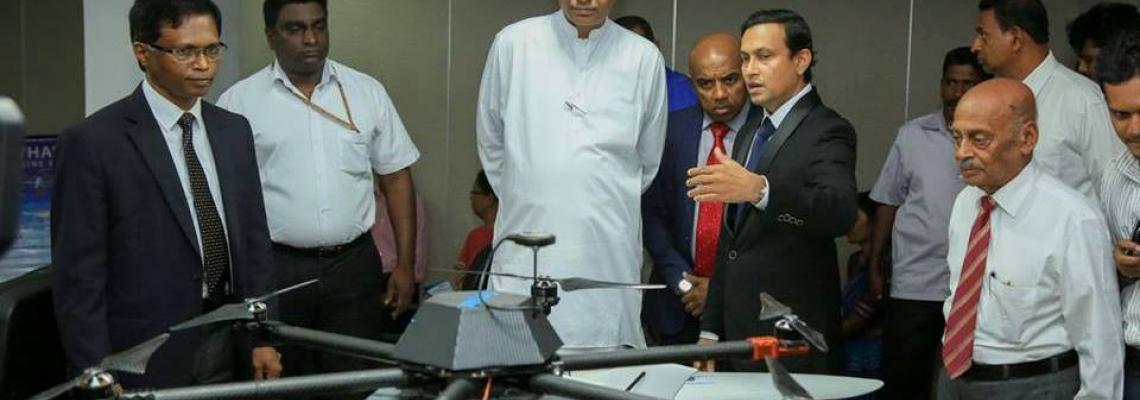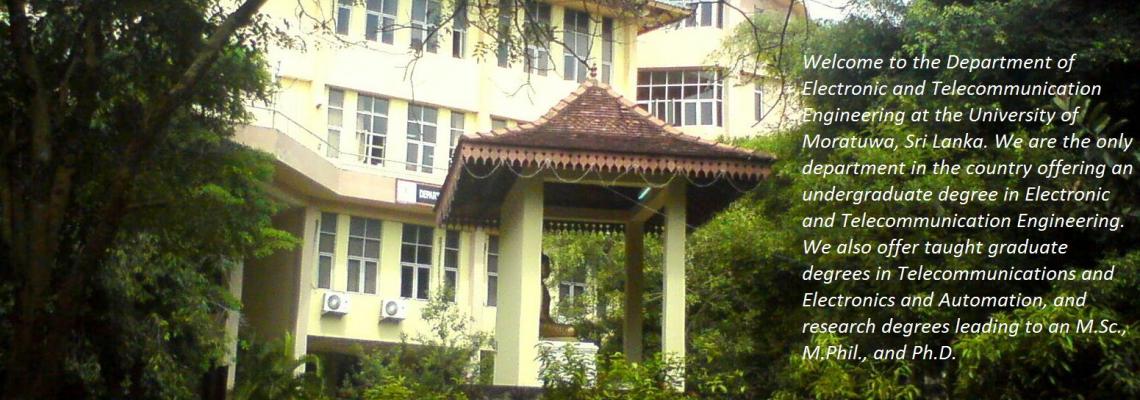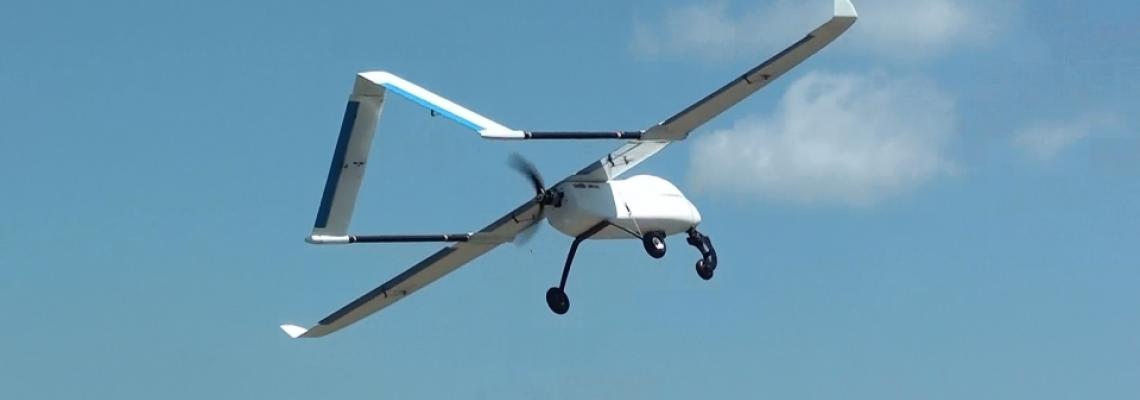Analog Electronics Laboratory
Analog electronics laboratory is designed to give students a basic understanding of electronic circuits, characteristics of electronic devices and to aid in the art of recording data. It houses a variety of test equipment including oscilloscopes, signal generators, counters, analog/digital multimeters and power supplies. Projects and other activities carried out in the laboratory include the analysis and design of circuits utilizing both passive and active devices such as resistors, capacitors, inductors, diodes, transistors and op-amps.
Digital Electronics
This laboratory is designed to give students “hands-on” experience with hardware such as discrete digital devices, microprocessors, microcontrollers and FPGAs. Students working in this laboratory utilize Hewlett-Packard design/development systems, embedded systems development platforms, programmable logic development systems and microprocessor trainers. A variety of advanced test equipment such as logic analyzers, digital storage oscilloscopes, digital multimeters and PC coupled instrumentation are available for testing.
Computer Laboratory
The Department computer laboratory consists of over 60 personal computers for students and five UNIX servers. The local area network links all the laboratories and staff rooms and has internet facility through the university/LEARN network. The computer laboratory is used by the undergraduate students for their assignments project work, internet browsing, e-mail and other computational needs. The entire department including lecture rooms, have wireless internet access.
Telecommunication Laboratory
Telecommunication laboratory facilitates the students to understand the basic concepts of telecommunication such as modulation, multiplexing, detection of radio signals by construction/simulation.
The Telecommunication laboratory is equipped with most modern equipment in the telecommunication field. A sweep generator test bench is used to measure the single tuned and double tuned amplifiers constructed. Spectrum analyzers are used to measure amplitude and frequency modulation. Students utilize wireless and land telephone systems implemented in¬side the laboratory for their studies. Laboratory experiments of television system are conducted using the TV trainer panel in the laboratory.
Opto-electronics Laboratory
Opto electronicc laboratory is mainly used in the semesters 7 and 8 to conduct experiments related to optical fiber communications, It houses many high end equipments such as optical spectrum analyzers and OTDRs. Thiss laboratory also has the facilities to check, calibrate and design optical communication equipment.
Microwave Laboratory
The Microwave laboratory is used for the design and implementation of microwave communication systems that are used in the Industry. Students working in this lab have the opportunity to learn the concepts of design and applications through hands-on experience. The laboratory experience is devoted to microwave generation, transmission and reception. Industrial Instrument testing and calibrating are conducted in the Microwave laboratory.
Intelligent Machines Laboratory
This laboratory is designed to handle robotics and automation related activities. It houses development boards, power devices, robot arms, and other devices such as a multitude of sensors and mechanical equipment. The students using the lab participate at many national and international robotics competitions.
UAV Research Laboratory
UAV Research Laboratory facilitates both undergraduate and postgraduate research and development of unmanned ariel vehicles. The students working at the laboratory have developed fixed wing and multi-rotor helicopters which has state of the art technologies.
Machine Vision Lab
This laboratory provides the infrastructure for research related to Image Processing and Machine Vision. The laboratory has high power computational environment such as Nvidia Tesla Server, multi processor workstations and Nvidia GeForce GPUs.

